Where is Portugal?
A little lesson in geography
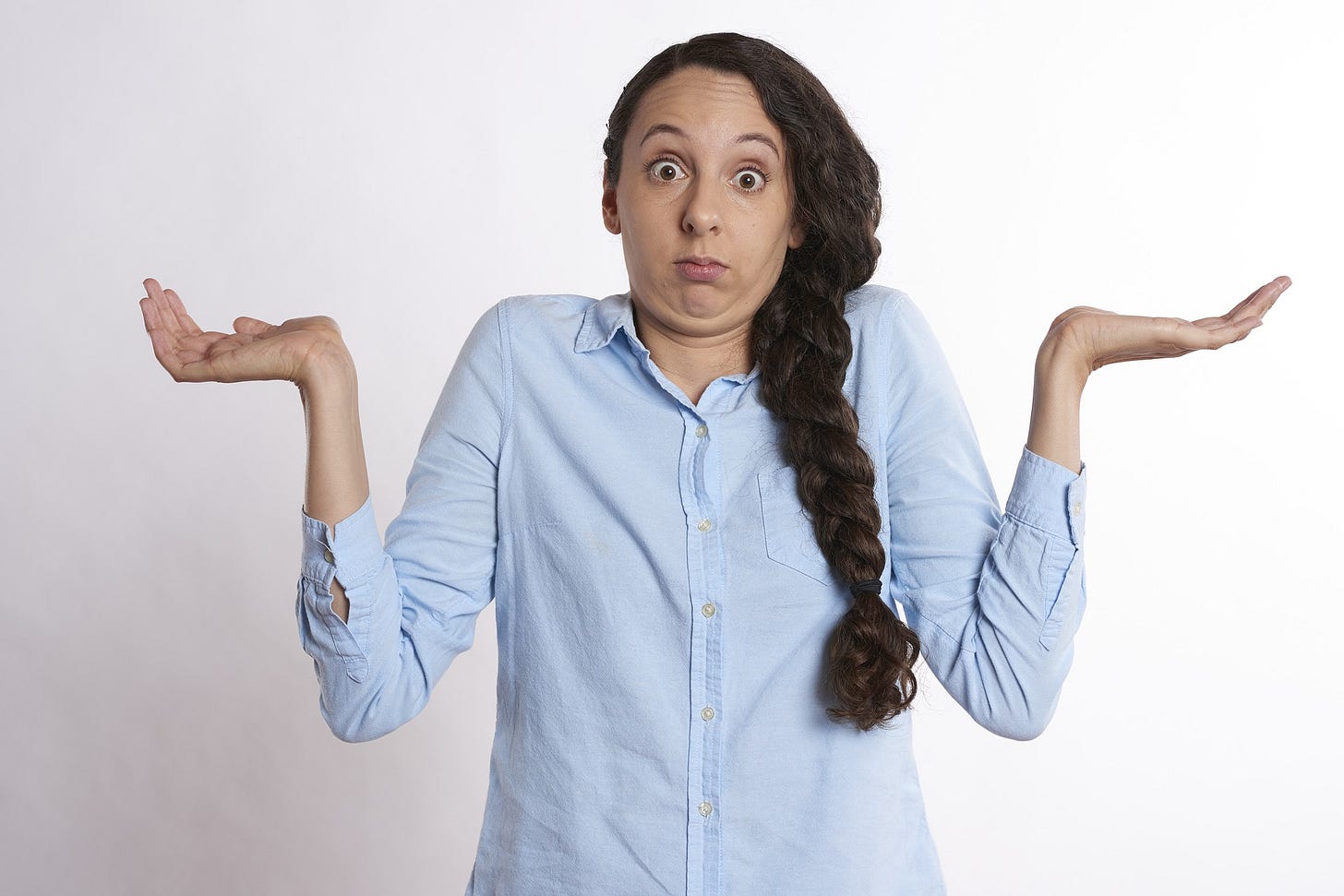
If you're thinking of moving to or visiting Portugal, you might want to keep this post handy.
The lack of a general understanding of geography by the American population gradually became apparent to us over the years. People we would meet would ask Paul and I where we grew up and we would tell them, “The state of Rhode Island.” Come to find out, a lot of Americans don’t know where Rhode Island is. They often think it’s part of New York. Or an island (like Block Island). So, I guess I shouldn’t have been shocked to learn that many people don’t know where Portugal is. Ask people what continent Portugal is on, and you may be surprised by the answers you get.
Case in point.
As Paul and I were preparing to ship our stuff to Portugal from Arizona, our next door neighbor was walking by and stopped because she was curious to know what the large pallet in our garage was all about. When we told her we were planning a move to Portugal, she gave us a blank stare and said, “Oh.”
A couple of weeks later, our landscaper (who was also this neighbor’s landscaper) saw Paul in our driveway and said, “So, I heard that you’re moving to Puerto Rico.” Paul said, “No. We’re moving to Portugal.” To which the landscaper replied, “Oh. Your neighbor said you were moving to Puerto Rico. Where’s Portugal?”
That’s when I started wondering about geography.
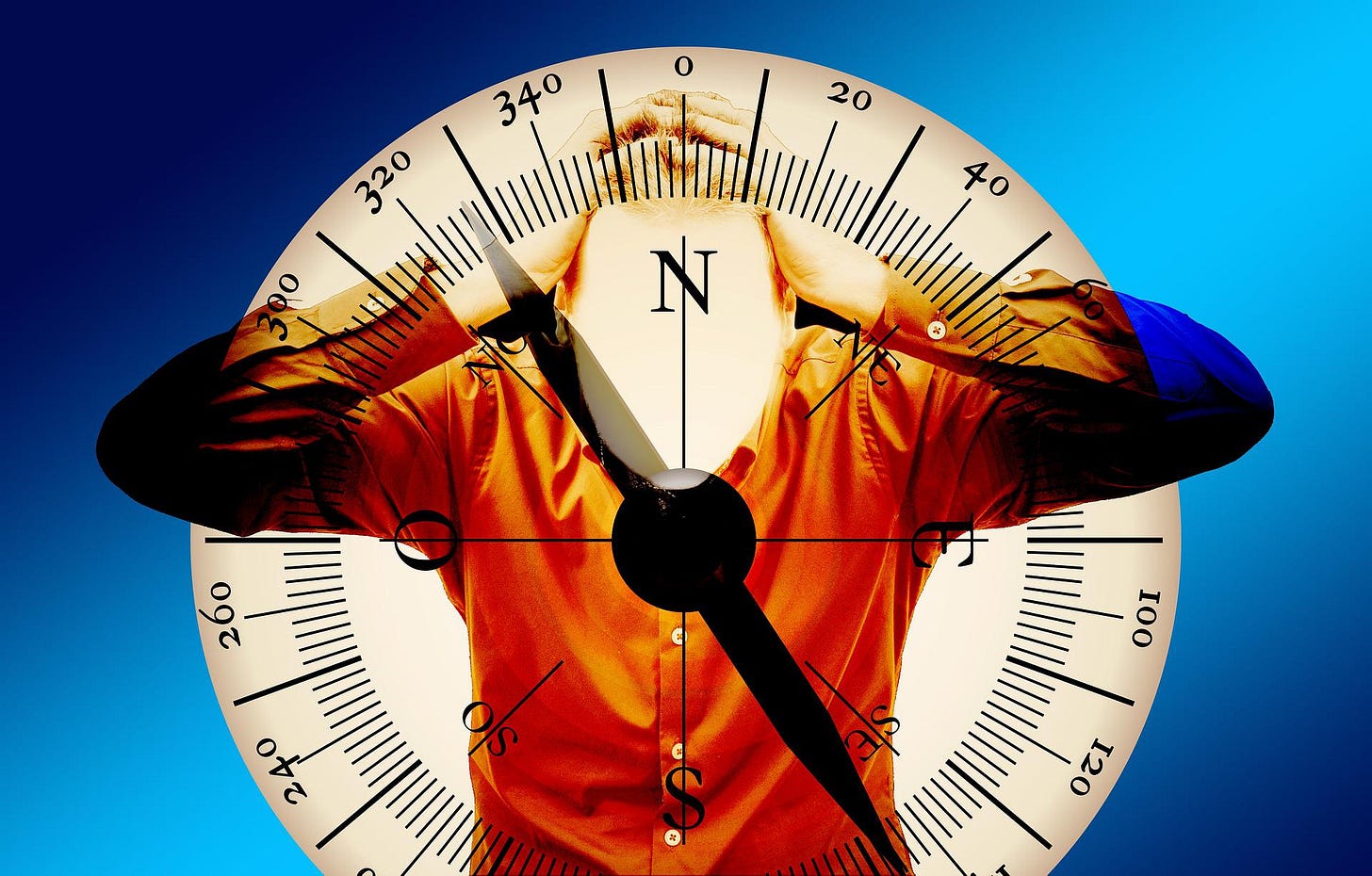
Not only a problem in America.
Before I get people telling me that I’m giving Americans a bad name by saying that they don’t know geography, I’m not. It is true that Americans – particularly younger Americans – do not have much knowledge in the geography department. It’s really not their fault – they’re not taught much geography in school according to this resource. But people in other countries aren’t necessarily any better at it. I think it would be safe to call this a worldwide geographically challenged society, which is a shame.
How can you expect people to understand different countries and be cognizant of international affairs, when they don’t even know where these countries are located on a map?
The questions we get asked.
Since the “Puerto Rico” question, we have had occasion to explain to people – both old and young - where Portugal is located and that it’s not a part of another country. We’ve also spoken to other expats living in Portugal to get their take on this. Perhaps you’ll be surprised by the questions you might get asked if you mention you want to visit or move to Portugal, so you might want to keep this post handy to give to ‘inquiring minds’ to read.
Here is a brief lesson for those geographically challenged on Portugal based on questions we and others have been asked (along with a little bit of history thrown in for good measure).
What continent is Portugal on? - Portugal is on the continent of Europe.
Where is Portugal? - Portugal is in the southern region of the continent in the westernmost portion of Europe on the Iberian Peninsula.
Is Portugal in Spain? - Portugal is a separate country bordered by the country of Spain on the Iberian Peninsula.
Is Portugal a United States territory? (Maybe they really do think Portugal is Puerto Rico) Portugal is its own country and is not a territory of the United States.
Isn’t Portugal near Africa? – No. However, in the 1500s, Portugal colonized the African countries of Guinea-Bissau, Angola, and Mozambique. In 1975, these colonies gained independence from Portugal.
Cabo Verde (also known as Cape Verde) is in Portugal…right? – In 1495, the Cape Verde islands became a Portuguese colony. The islands were positioned along the trade routes between Africa, Europe, and the New World. In 1951, the status of Cape Verde changed from Portuguese colony to an overseas province. In 1961, the residents of Cape Verde were granted full Portuguese citizenship. In 1975, the islands became independent and are no longer owned by Portugal.
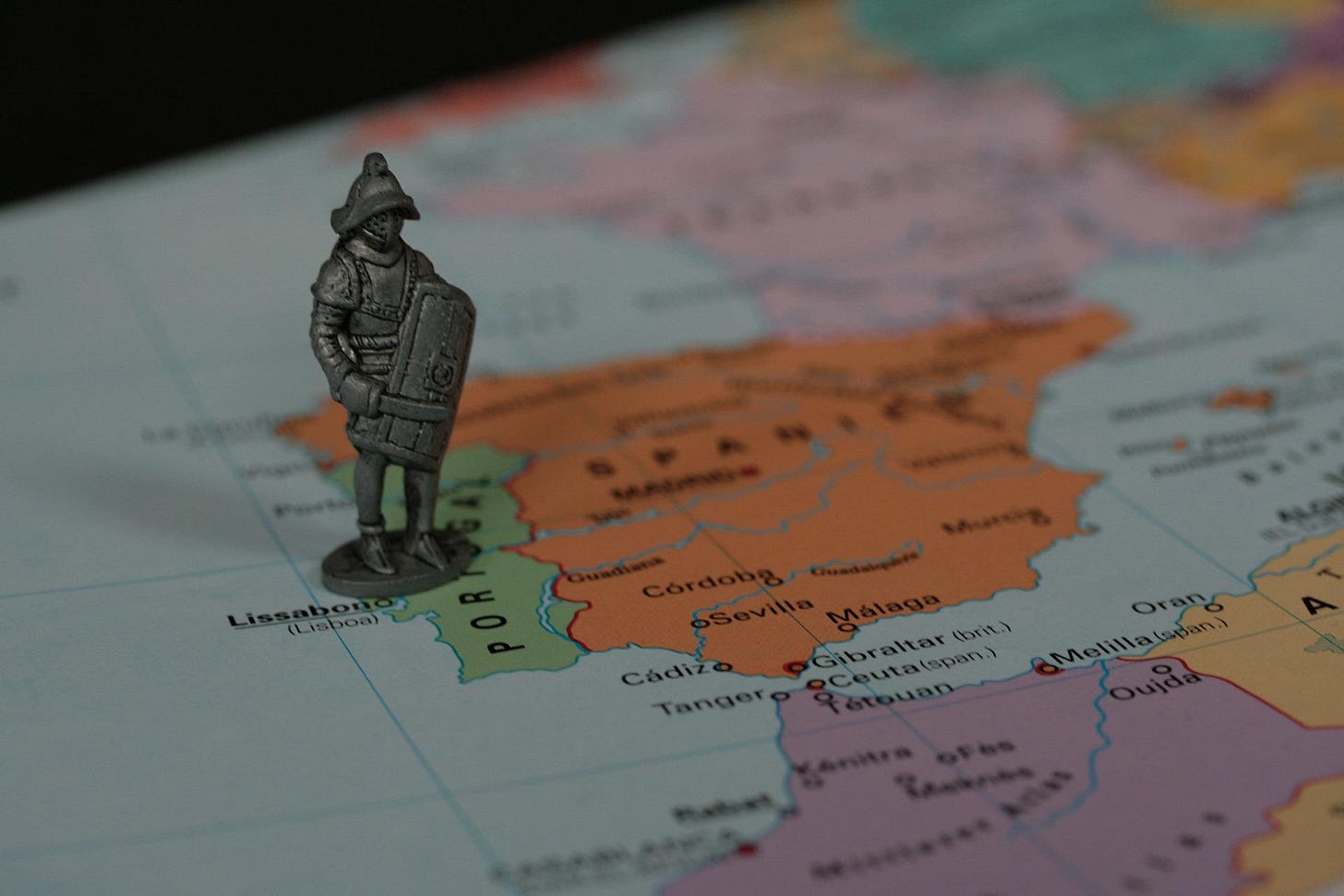
Are the Azores and Madeira part of Portugal? – The Azores, an archipelago, and the island of Madeira are autonomous regions meaning that they are self-ruling regions of Portugal.
Isn’t Portugal part of Brazil? – No. However, Brazil was once the largest colony held by Portugal. The Treaty of Tordesillas which was signed by Spain in 1494, allowed Portugal to claim Brazil as their colony. The Portuguese imported African slaves to grow sugar, cotton, coffee, and tobacco in Brazil. In 1822, Brazil gained independence from Portugal.
Portugal is part of South America…right? – No. Many people confuse Portugal with Brazil, which is in South America, and is the only Portuguese-speaking nation in South America.
Is Portugal part of Turkey? – Although Portugal maintains an embassy in Turkey, it is not part of the country of Turkey.
Is Portugal part of the European Union (EU)? – Yes. The country joined the European Union on January 1, 1986.
Portugal isn’t part of the North Atlantic Treaty Organization (NATO) is it? – Yes. Portugal is one of the twelve founding member countries of NATO.
What ocean does Portugal face? – Many people think that Portugal is on the Mediterranean but that is incorrect. Portugal faces the Atlantic Ocean.
What language do people in Portugal speak? - Although many people mistakenly believe that the official language of Portugal is Spanish, that is incorrect. The Portuguese language is one of the official languages of the European Union (EU) spoken by approximately 260 million people and is the sixth most spoken language in the world.
Have you been asked questions about the geography and location of Portugal? Leave a comment and tell me about it.
Thank you for reading Our Portugal Journey. This blog is a subscriber supported publication but has no paywall – in other words, you can subscribe for free and receive all the content. However, if you find my content valuable, please consider becoming a Supporting Subscriber for a nominal fee either on a monthly or annual basis right here. Just want to buy me a glass of wine? You can do that here.
Until next time…
Obrigada!
Carol.


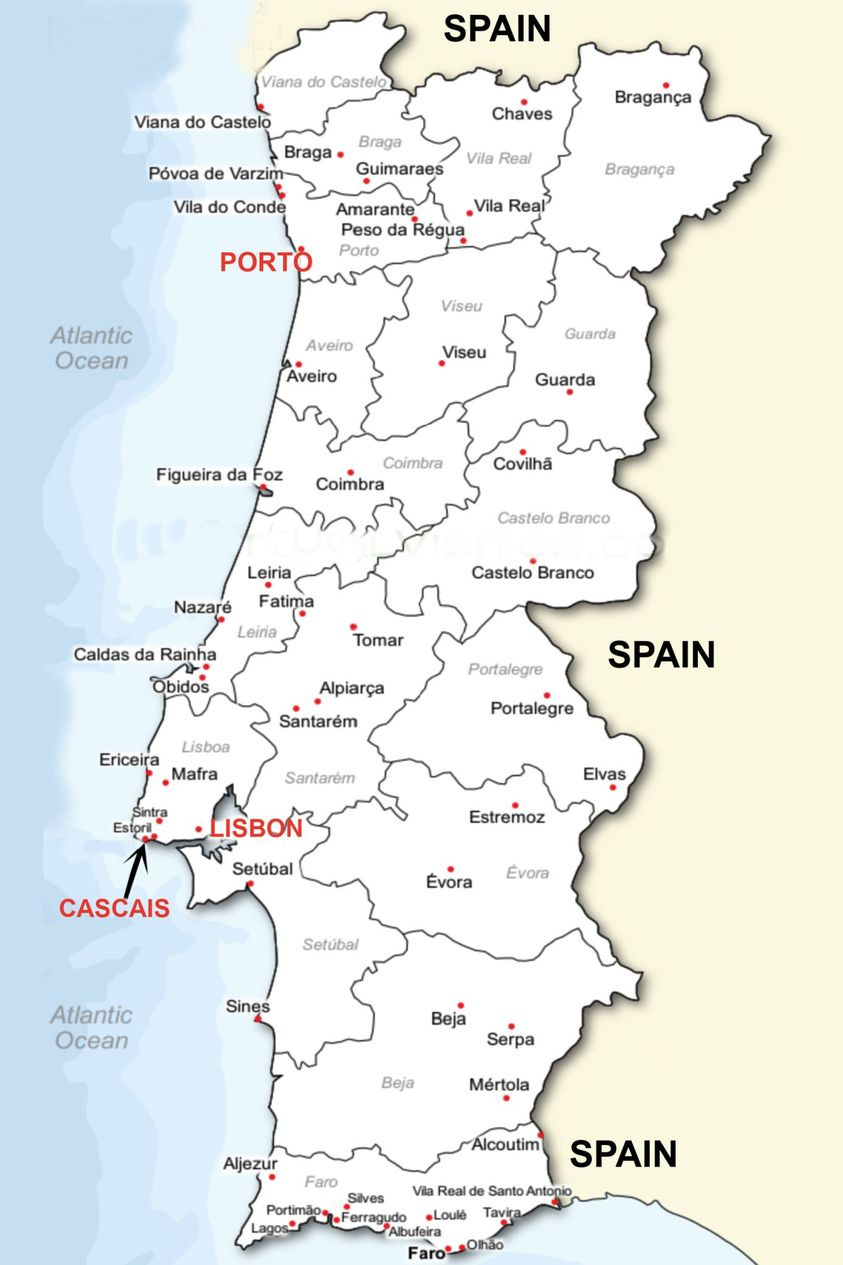
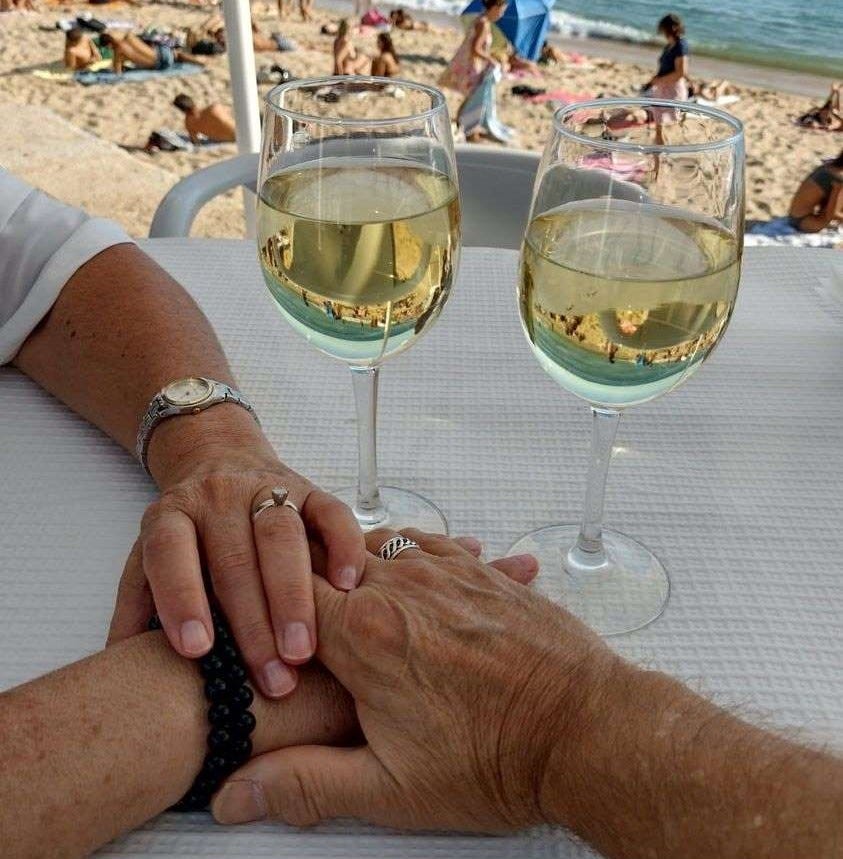
Great information. I agree that maybe being a secret might be a good idea.
We told our neighbors we’re moving and the next time they said “you’re moving to Venezuela right “. And the number that believe it’s a third world country. We don’t respond now. Better they don’t know. Less immigration and price hikes👍